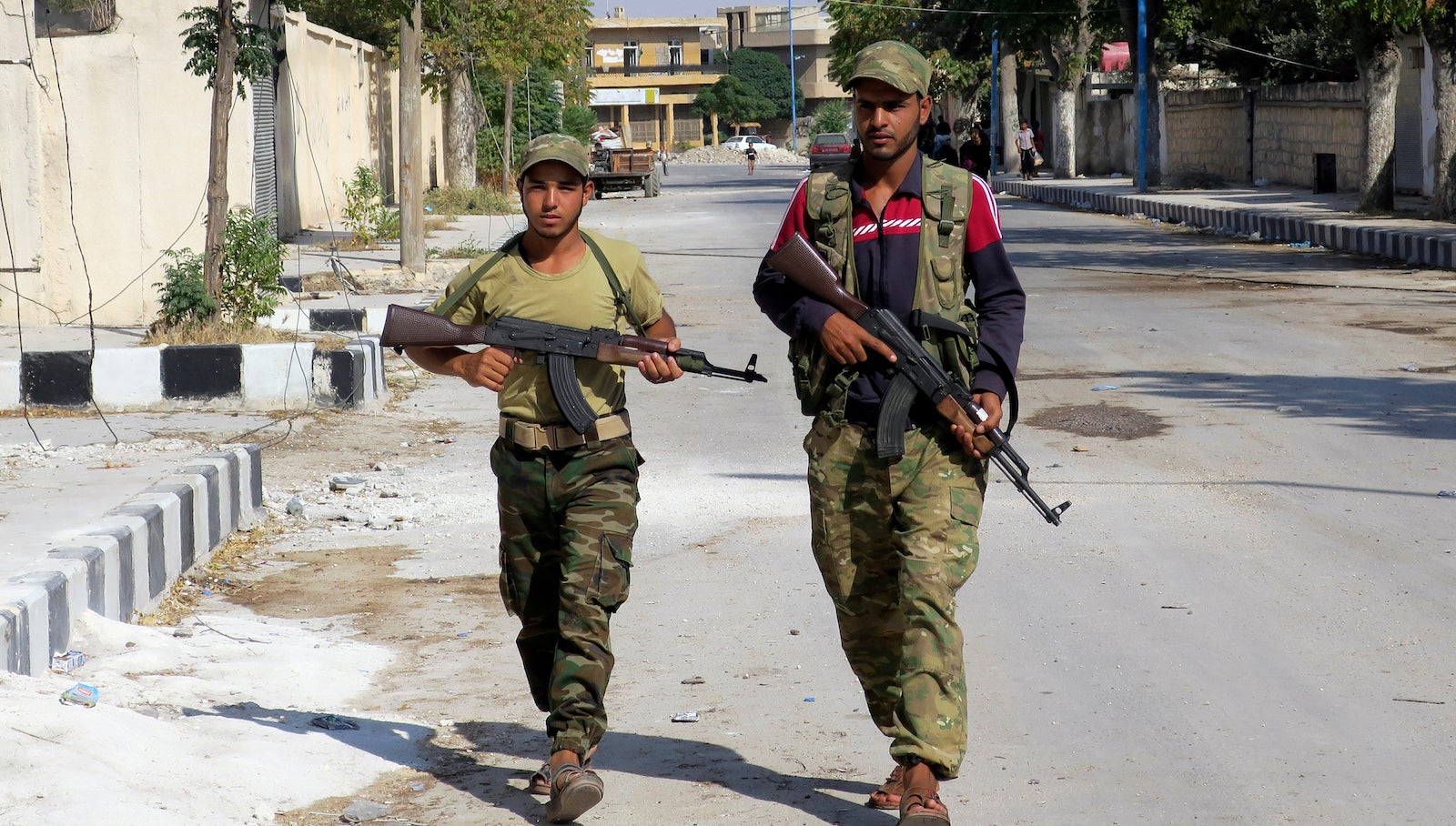A US mistake in Syria is threatening the first peace the country’s seen in years
A tentative truce between Russia and the US came into effect in conflict-ridden Syria last Monday, brokered after months of tenuous back-and-forth.


A tentative truce between Russia and the US came into effect in conflict-ridden Syria last Monday, brokered after months of tenuous back-and-forth.
Yet that ceasefire—aimed at paving the way toward a joint Russia-US air campaign against extremist groups—may already be teetering.
In addition to both sides alleging dozens of violations over the past week, the US Sept. 17 admitted to carrying out an airstrike in the eastern province of Deir al-Zour that accidentally hit Syrian government troops. More than 100 Syrian soldiers were either killed or wounded in the attack meant for the Islamic State, according to Russia’s defense ministry. Syria’s government claims the attack was not a mistake, and rather a “very serious and flagrant aggression” that reveals the US’s hidden interest in supporting jihadist groups to oust president Bashar al-Assad.
Russia, the Syrian government’s main ally, is also looking upon the incident with distrust: The country called an emergency closed-door United Nations security council meeting this weekend and accused the US of failing to coordinate its actions with other countries, which it believes is the reason behind the erroneous airstrike.
While the US’s UN ambassador Samantha Power dismissed Russia’s allegations as “uniquely cynical and hypocritical,” Russia’s UN ambassador Vitaly Churkin fired back by declaring he’d never seen “such an extraordinary display of American heavy-handedness.” Russian president Vladimir Putin also suggested the US’s commitment to the ceasefire may not be entirely genuine.
Jibes between politicians are not necessarily indicative of future military strategy; but in this case, they do spell a warning, especially considering how shaky the Syria ceasefire was to begin with.